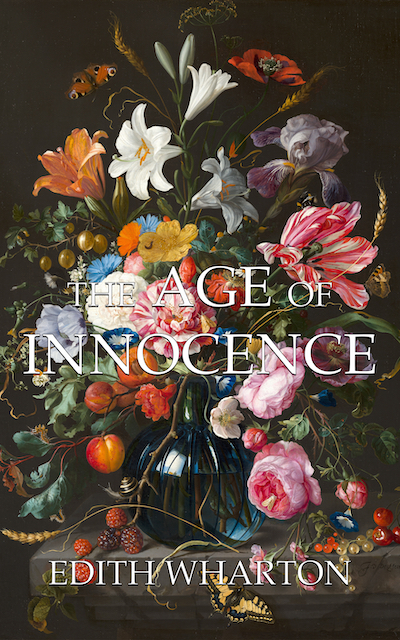The Age of Innocence

Edith Wharton's The Age of Innocence is a quintessential American classic that transports readers to the opulent drawing rooms and country estates of New York's upper crust in the 1870s. With penetrating insight and sly wit, Wharton explores the tension between societal expectations and personal fulfillment through the story of Newland Archer, a young lawyer torn between duty to his respectable fiancée and a scandalous attraction to her unconventional cousin.
Wharton herself was a product of the rarefied New York society she depicts, giving her an insider's perspective on its glamorous surface and hidden hypocrisies. Born into wealth, she broke with convention by pursuing a writing career, penning shrewd novels and short stories that cast a critical eye on her privileged milieu. The Age of Innocence, published in 1920, represents the pinnacle of her literary achievement.
At the heart of the novel are the stifling social mores of the time, which Wharton suggests are designed to maintain the status quo and keep true love at bay. Newland Archer, a sensitive and intelligent man, finds himself increasingly disillusioned with the life laid out for him, including marriage to the young, beautiful, but vapid May Welland. When May's unconventional cousin Countess Ellen Olenska returns from Europe trailing rumors of a dissolved marriage, Newland is intrigued by her worldly experience and emotional depth.
As Newland's friendship with the Countess blossoms into romance, Wharton skillfully portrays his inner turmoil and the forces conspiring to keep the lovers apart. The other members of their social circle, from the meddling van der Luydens to the vindictive Larry Lefferts, are less fully-realized characters than representatives of the unyielding codes and prejudices of their class. Wharton's elegant, incisive prose is perfectly suited to depicting this hothouse environment, rife with unspoken insinuations and subtle power plays.
While very much a novel of its time, The Age of Innocence has a timeless quality in its nuanced portrayal of the war between passion and responsibility, personal identity and societal expectation. Wharton's genius lies in her ability to evoke empathy for the pampered elite even while exposing the limitations of their sheltered existences. We feel for Newland's plight even as we recognize that his "suffering" is a rarefied kind unknown to most.
Wharton's masterpiece has stood the test of time, remaining widely read and celebrated a century after its publication. It earned her the distinction of being the first woman awarded the Pulitzer Prize for literature. In 1993, Martin Scorsese directed a sumptuous film adaptation starring Daniel Day-Lewis, Michelle Pfeiffer, and Winona Ryder that introduced Wharton's biting observations to a new generation.
Wharton's The Age of Innocence endures as one of the great novels of the early 20th century for its trenchant characterization of a defining era in American history. But it is Wharton's insight into the universal human experiences of love, longing, and the struggle between individual and society that makes the novel a true classic. With wit and wisdom, passion and perception, The Age of Innocence illuminates both the seductive surfaces and poignant undercurrents of a vanished world.